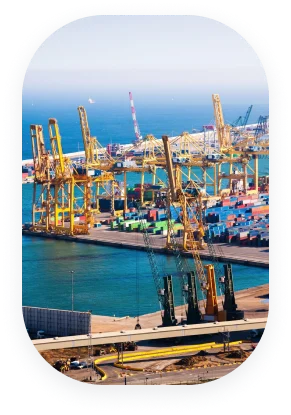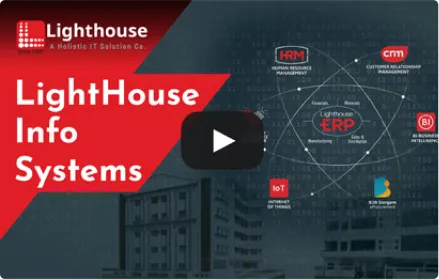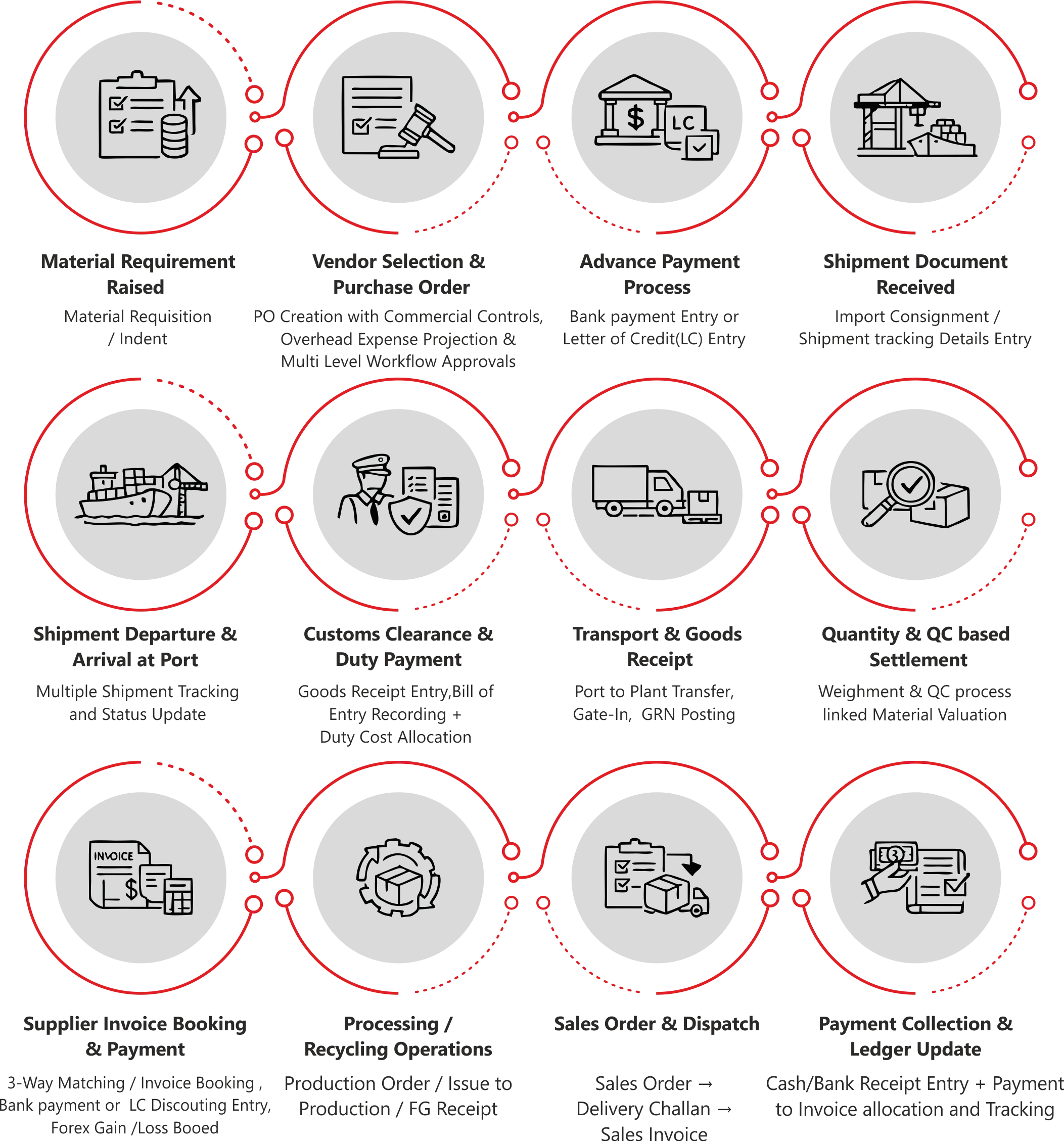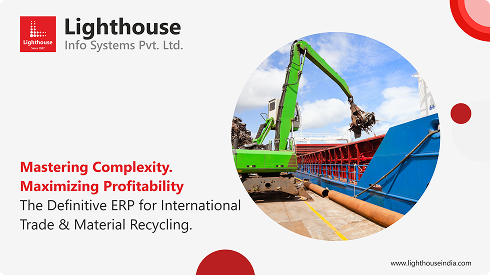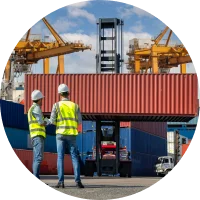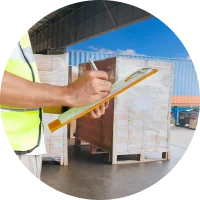
ERP software for the EXIM & International Trade Industry
In the EXIM and International Trade industry, managing timely deliveries isn’t just operational, it's reputational. Delays at ports can lead to heavy demurrage charges, missed commitments, and a loss of trust with international clients. With intricate dependencies on multi-modal logistics, real-time inventory visibility, and port coordination, material handling becomes a critical control point in sustaining profitability and credibility.
Lighthouse ERP was designed particularly to meet the demanding requirements of international trade. Businesses can operate with confidence across borders, which handles everything like managing challenging Letters of Credit and Bank Guarantee transactions to ensuring real-time compliance with DGFT requirements, customs documents, and international health and safety protocols.
Backed by decades of domain expertise since 1987, Lighthouse ERP for EXIM and International Trade integrates all operational layers logistics, finance, documentation, compliance, and costing into a centralized system. With import-export management module, success lies in deep mapping of industry-specific workflows, offering exporters and importers a robust, accurate, and fully compliant solution tailored to the nuances of international trading operations.
